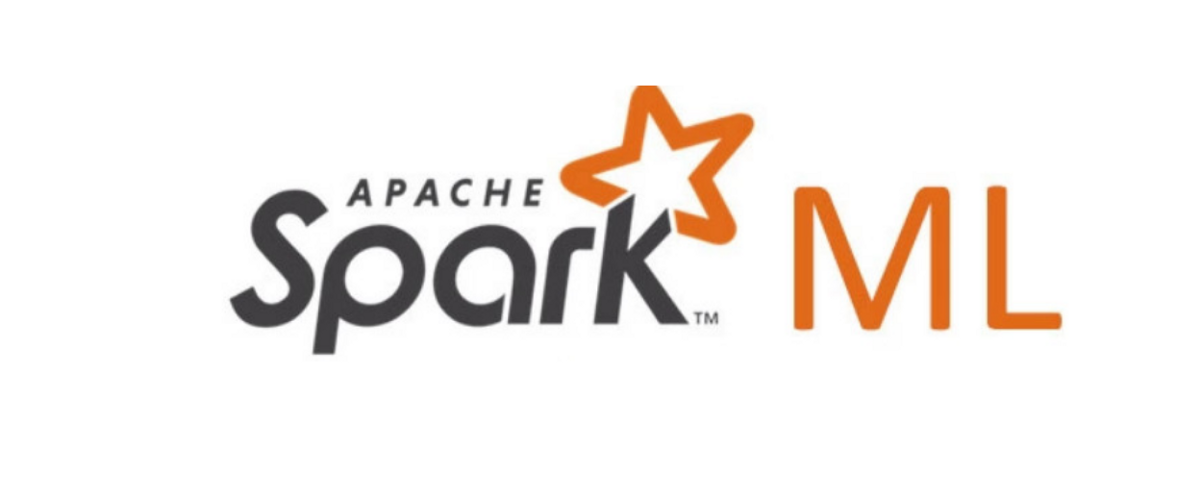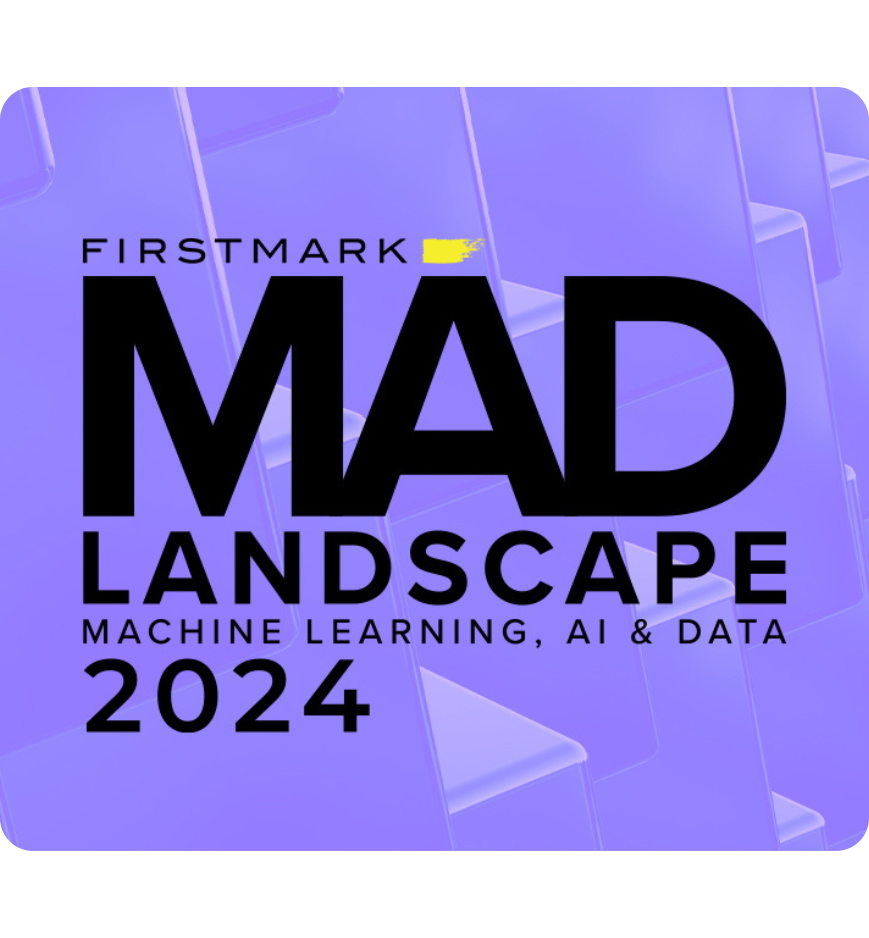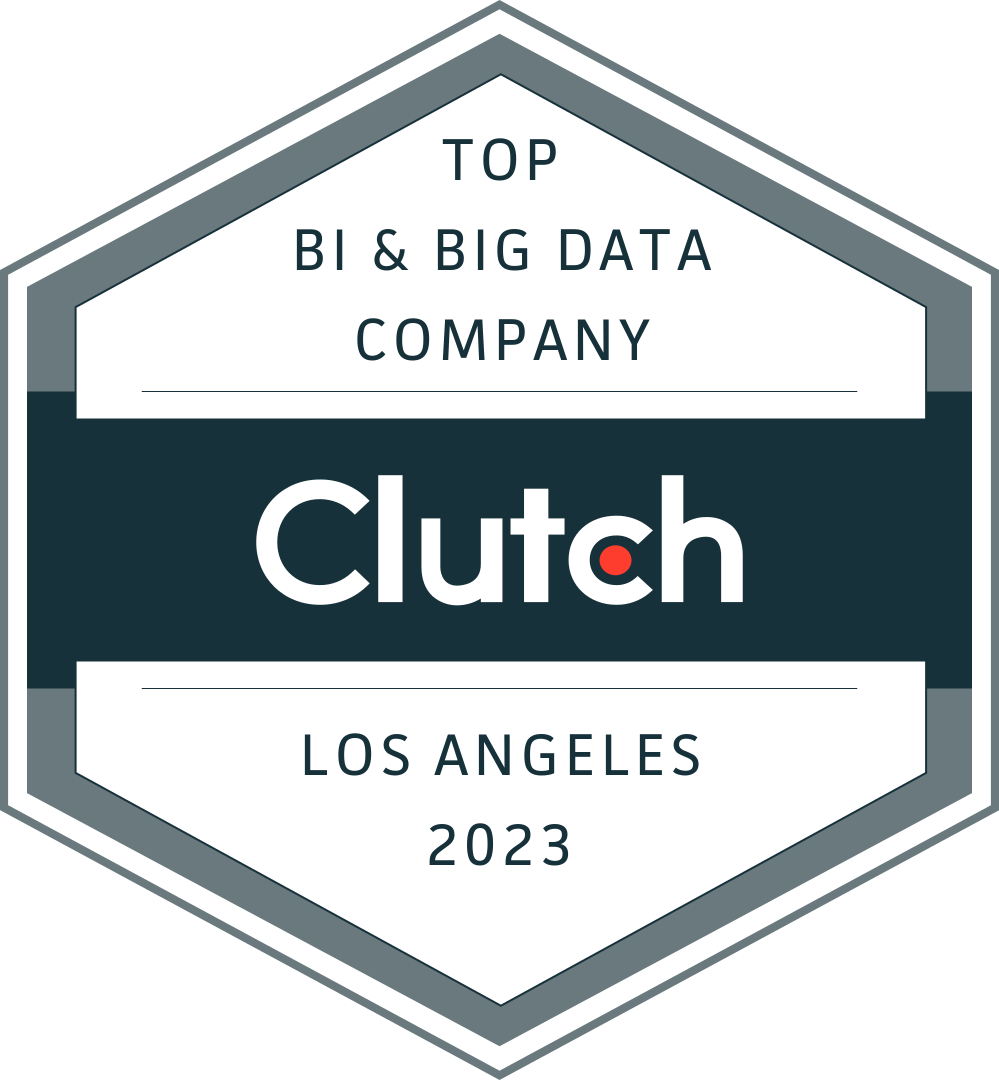
Machine Learning Consulting
Use Machine Learning to unlock to improve your decision-making processes, increase efficiency, and gain insights into customer behavior and preferences.
Machine Learning Cunsulting Services
Machine Learning consulting can be used by businesses of all sizes and industries.
Still, it can be particularly useful for businesses that lack the resources or expertise to develop and train their own Machine Learning solutions and models.
By using Machine Learning consulting services, businesses can save time and resources and improve the accuracy and effectiveness of their applications.

Machine Learning experts are fluent in using all types of ML models and implementing them seamlessly into the infrastructure of your choice.
They can use pre-trained machine learning models, such as image recognition, natural language processing, and sentiment analysis through API, but also build and train their own custom models using their own unique set of data.
Machine Learning consultants help organizations build models that can predict which customers are most likely to churn, which products are likely to be popular, or which sales strategies are most effective.
Types of machine learning include different ways of learning.
Supervised learning
In supervised learning, the machine learning algorithm is trained on a labeled dataset, meaning that the input data is paired with corresponding output data or target variables.
The goal of supervised learning is to develop a model that can make accurate predictions or classifications based on new, unseen data.
Common examples of supervised learning include image classification, speech recognition, and regression analysis.
Unsupervised learning
In unsupervised learning, the machine learning algorithm is trained on an unlabeled dataset, meaning that there is no corresponding output data or target variable.
The goal of unsupervised learning is to find patterns or structures in the data, such as clustering or anomaly detection.
Examples of unsupervised learning include dimensionality reduction, market basket analysis, and clustering.
Reinforcement learning
In reinforcement learning, the machine learning algorithm learns by interacting with an environment and receiving feedback in the form of rewards or penalties.
The goal of reinforcement learning is to develop a policy or strategy that maximizes the expected cumulative reward over time.
Reinforcement learning has been used in applications such as game playing, robotics, and autonomous vehicles.
Machine Learning models find themselves useful in a wide range of applications across various industries.
Here are the most popular:
Image and speech recognition
Image recognition involves identifying objects in digital images or videos using AI algorithms and Machine Learning techniques. They analyze the visual features of an image and compare them to the patterns they already know (via training) to recognize and classify the objects within the image.
Speech recognition relies on converting audio into text. Machine Learning models analyze and process the acoustic features and convert them into a digital-friendly format. Speech recognition is used in voice-controlled devices, automated customer service systems, and transcription services.
Natural language processing (NLP)
NLP uses AI and ML models that allow computers to understand, interpret, and generate human language, whether written or spoken. NLP technology is used in applications designed for language translation, sentiment analysis, chatbots, speech recognition, text classification, and information extraction. It finds itself useful in healthcare, finance, and customer service to improve the efficiency and effectiveness of communication between humans and machines.
Predictive analytics
Predictive analytics uses mixed methods, including data analysis, statistical algorithms, and machine learning techniques, to identify patterns and relationships in historical data to identify and make predictions about future events or trends. Predictive analytics is the foundation of the applications detecting frauds, evaluating risk, segmenting customers, forecasting marketing and sales trends, and optimizing supply chain processes.
Fraud detection
By identifying patterns in large amounts of data, machine learning can easily find anomalies that may be potentially fraudulent activity, allowing companies to take appropriate action to prevent financial losses and protect their customers.
Recommendation systems
Based on Machine Learning algorithms, recommendation systems are commonly known for e-commerce, online advertising, social media, and content streaming services, where personalized recommendations significantly boost user engagement, satisfaction, and loyalty. Machine Learning models using historical data, can evaluate users’ needs and provide them with what they most like want in real time. Moreover, new data can continuously enrich ML algorithms, making them resonate with changes in user preferences. Thanks to that, recommendations can always be relevant and up-to-date.
Our clients





















Our Approach to Machine Learning
Consulting and Projects
Identifying business challenges and opportunities
In order to see where machine learning can be applied to overcome them.
Running feasibility examination
To determine whether machine learning will meet clients’ needs.
Evaluating clients' data infrastructure and data flows
Including the quality and quantity of data.
Recommending the specific pre-built or custom-made machine learning algorithms
Based on the client’s use case.
Developing machine learning models
Based on pre-built algorithms or building them from scratch.
Testing and evaluating
Testing and evaluating machine learning models.
Implementation
Implementation of machine learning models into the client’s infrastructure.



ML-based technologies in the Finance and Insurance industry
Improved Customer Experience
In finance service – just like in any other – customers constantly seek greater convenience. They want to open bank accounts, transfer money, and change currency using their smartphones without leaving home.
With AI, Machine learning, and computer vision, it is possible. There is no need to verify paper documents, as authenticating a client’s identity can proceed with advanced techniques like voice recognition, biometrics, and image recognition.
Calculate risk with ML algorithms
Machine learning algorithms are able to calculate risk ratio and personalize offers for clients based on their financial profile, previous behaviors, and potential risk involved.
Improve logistic operations with machine learning consulting
Route optimization
As they constantly analyze vast amounts of data, AI and machine learning models provide the capabilities to plan transportation with certainty that deliveries always will be on time at the lowest possible cost and carbon footprint.
Predictive analytics
AI and machine learning models allow logistic companies to use historical and real-time data to employ predictive analytics and identify unpredicted disruptions. Artificial intelligence and machine learning can monitor and predict traffic and peak hours in logistics centers and avoid them.
We enhance high-tech solutions with machine learning
Reducing Manual Labor
Machine learning algorithms enable companies to automate routine tasks, freeing their employees to manage more high-level tasks or supervise the entire process.
Advanced Data Analysis
Machine and Deep Learning can be harnessed to perform much more efficient data analysis. With the support of these intelligent technologies, organizations can create algorithms to process data (no matter what kind), build predictive models, and understand the potential impact of different trends and occurring circumstances upfront.
We are trusted by global leaders
Hear it from our clients!
Addepto delivered a platform with AI models that resulted in time savings. The team addressed the client's core problem and went above and beyond to understand the client's tech stack. Their technological expertise and state-of-the-art technologies complemented their business-oriented approach.
Michelle Medeiros Sr Director of Data & ML – Western Governors University
Addepto offered an individual approach to our needs and high-tech solutions that will be efficient in the long term. They conducted a detailed analysis and were open to trying out innovative ideas.
Przemysław Piekarz Sales Analysis Manager – InPost
Machine learning is a game-changer for businesses. By unlocking the power of data it enables companies to gain meaningful insights, make smarter decisions, and - ultimately outpace the competition. However, the key to achieve these goals is to choose the right partner, able deep dive into the unique business logic and see where is the real value hidden in data floating all over organizations. ML consultant needs to have expertise, experience, and vision to help navigate the complex world of AI, and steer your
Edwin Lisowski co-founder and CSO – Addepto
The Addepto Team has managed the project very well, and their communication is consistent and clear. They consistently met timelines or communicated if there would be delays. They are very responsive and always looking for solution to meet our needs.
Sara Krishnamachari Chief Financial Officer – Purple Lotus Patient Center




Addepto has been ranked #143 on the Deloitte Technology Fast 500 EMEA list, achieving a remarkable revenue growth rate of 1,193%!

We have been recognized as a Top AI consulting company 2024 by TrueFirms

Addepto is one of Europe's FT1000 Fastest Growing Companies 2024 according to FT

We have been listed in the annual MAD Landscape 2023 in the Data & AI Consulting category

Addepto has been listed in the annual Deloitte Technology Fast 50 Central Europe 2023 ranking


Machine learning technologies












Benefits of Our Machine Learning Consulting
Benefits of Our Machine Learning Consulting
Improved decision-making
By analyzing large datasets, machine learning algorithms can identify patterns and make predictions that can inform decision-making.
Increased efficiency
Machine learning can automate routine tasks and processes, freeing up time for employees to focus on more complex or creative tasks.
Better personalization
Machine learning consultants can analyze customer data and provide personalized recommendations or marketing messages based on their preferences and behavior.
Enhanced fraud detection
Machine learning algorithms can detect anomalies and identify fraudulent behavior in large datasets, which can improve security and reduce losses.
Improved product development
Machine learning can be used to analyze customer feedback and usage data to inform product development and improve the user experience.
FAQ
How does Machine Learning differ from Deep Learning?
Machine learning involves using algorithms and statistical models to enable computers to learn from data and make predictions or decisions based on that data. Machine learning algorithms can be supervised, unsupervised, or semi-supervised, typically requiring a smaller amount of data than deep learning algorithms. Machine learning is commonly used in tasks such as image classification, natural language processing, and recommendation systems.
On the other hand, deep learning is a subset of machine learning that involves the use of neural networks with many layers to process and learn from data. Deep learning algorithms can automatically learn to identify features in data and use them to make predictions or decisions. They are particularly effective in tasks such as image and speech recognition, natural language processing, and autonomous vehicles. Deep learning algorithms require a large amount of data and computational power, and they are typically more complex to train and optimize than traditional machine learning algorithms.
In summary, deep learning is a more complex and sophisticated subset of machine learning that uses deep neural networks to learn from data. In contrast, traditional machine learning uses simpler algorithms to make predictions based on data.
How Machine Learning supports Data Science?
Machine learning is a key component of Data Science, which is an interdisciplinary field that involves using data to gain insights and solve problems. Data science involves a range of tasks, including data collection, data cleaning, data analysis, and data visualization. Machine learning is often used in the data analysis stage to develop predictive models and gain insights from the data.
In the context of data science, machine learning is a technique that allows us to analyze and make predictions based on large datasets. By training machine learning models on historical data, we can develop algorithms that can identify patterns, make predictions, and automate decision-making. Machine learning can be used to solve a wide range of problems, including classification, regression, clustering, and anomaly detection.
Machine learning is a valuable tool for data scientists, as it allows them to analyze and make sense of large, complex datasets. By applying machine learning algorithms to data, data scientists can develop models that can make predictions, uncover hidden patterns, and identify insights that may not be immediately apparent. Machine learning is just one of the many tools that data scientists use to analyze data and derive insights, but it is an important and rapidly growing area of the field.
What can you expect from machine learning consulting services?
Machine learning consulting services should be designed to help organizations effectively leverage machine learning technologies to solve business problems and create value.
How to choose Machine Learning experts?
Machine learning consulting services should be staffed by highly qualified Machine Learning experts with deep knowledge of machine learning algorithms, data science, and software development.
It is good when the team has experience working on a wide range of projects across multiple industries and sectors, a goal-oriented attitude, and strong communications skills to understand business challenges, develop data-driven solutions, and deploy them effectively.
Our clients

























